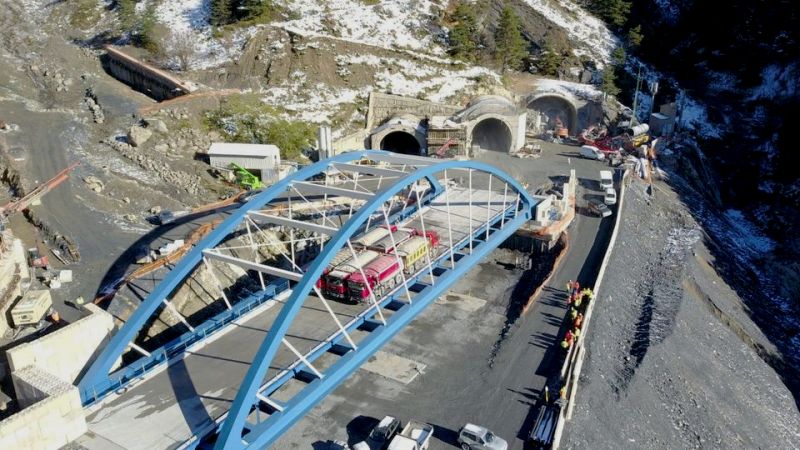Confetra raised the alarm over the consequences of the new Italian Customs Code, published in the Official Gazette on October 3, 2024. In a statement issued on October 9, the confederation's president, Carlo De Ruvo, warned that the reform will have devastating effects on the trade supply chain, with the risk that many import and export flows could be diverted to other countries: “The provisions that came into force on October 4, under the pretext of aligning Italian regulations with those of the European Union and simplifying international trade, will, in practice, have entirely opposite and severe effects on businesses in the sector.”
According to Confetra, Legislative Decree 141/2024, designed to align the Italian customs system with that of Europe and simplify its functioning, actually introduces changes that disadvantage businesses. The measure deviates from the proposed new EU Customs Code, simplifying rules only for the financial administration while shifting procedural burdens to the criminal justice system.
“The most critical aspects of the reform concern changes to the penalty system and VAT, which is now treated as a border duty,” De Ruvo explained. “The mandatory preliminary review by the judicial authority for amounts exceeding €10,000 will inevitably lead to an increase in disputes and a series of unfounded criminal proceedings, affecting even honest operators who make mistakes in good faith, with severe damage to their reputations.”
De Ruvo emphasized that these new provisions will not help reduce disputes but rather exacerbate the already challenging conditions of the criminal justice system. Moreover, companies will need to adapt their organizational models to cope with new risks, resulting in increased operating costs.
Another critical point highlighted by the Confetra president is the decision to treat VAT as a border duty, contrary to the stance of the Italian Court of Cassation and the EU Court of Justice: “This decision will have serious consequences, particularly regarding the joint liability of the indirect representative, who will now be responsible, alongside the importer, for VAT payments.”
Confetra has closely followed the entire approval process and repeatedly urged the government to adopt reasonable measures, such as increasing the €10,000 threshold, exempting from penalties those who report errors without malice, and excluding VAT from border duties. “The government has remained deaf to our requests and has not consulted stakeholders,” De Ruvo concluded, expressing strong dissent and calling for urgent corrective measures to amend the newly adopted provisions.



































































